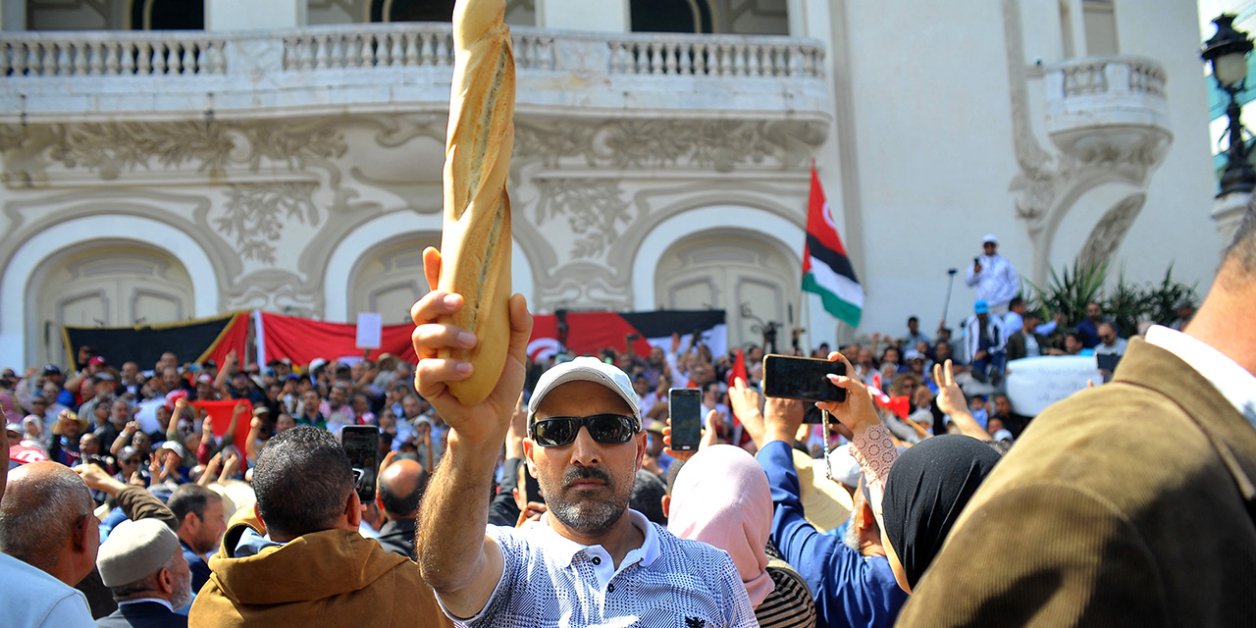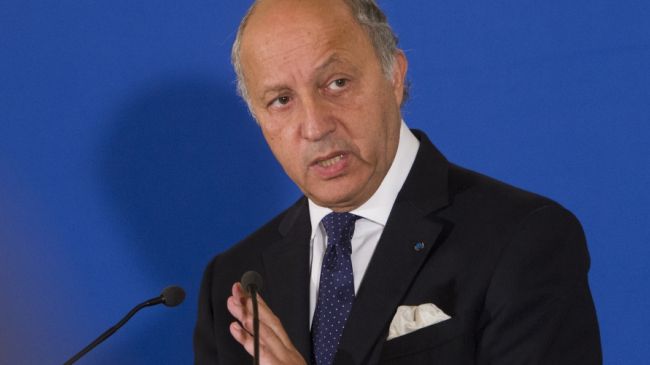Queues have become a new reality in Tunisia which faces a shortage of fuel, sugar, rice, cooking oil, butter, semolina, bottled water and even coffee, local media reported.
The shortage of fuel and foodstuff is the utmost reflection of the disarray the Tunisian economy faces as public debt widens to unsustainable levels and talks for a new IMF loan are yet to see light at the end of the tunnel.
“Due to shortage, fuel is rationed at a maximum 50 dinars per client,” deplored Tunisian website, lecourrierdelatlas.
The lack of sugar in the country, due to Tunisia’s lack of hard currency to import at expensive prices, meant that dozen factories of soft drinks and biscuits could shutdown causing losses of thousands of jobs in a country where the unemployment rate soared to over 18%.
Following the Algerian example of diversion, the Tunisian presidency blamed speculators for the shortages and price hikes.
The lack of basic foodstuff is a warning that time and money are running for Tunisia.
Without a deal with the IMF, Tunisia will find it extremely hard to access funding in the international market. The IMF plays the role of a central bank for other international lenders and serves as a barometer of the sovereign financial health of its borrowers.
With the fiscal deficit foreseen at 9.7% this year, from a previous forecast of 6.7%, Tunisia is in an uphill battle with the legacy of decades of unwise public spending.
Morgan Stanley’s ranked Tunisia, along with Ukraine and El Salvador, in the top three list of likely defaulters.
The country’s dysfunctional finances have also been worsened by the war in Ukraine and the ensuing surge in commodities prices, triggering soaring inflation to 8.2% in June.
The dinar has lost 13.2% of its value in July, compared to a year earlier further complicating the country’s financial health.
The impact has been felt by the most vulnerable groups in the country where the number of poor households grew from 310,000 in 2010 to 960,000 today.


